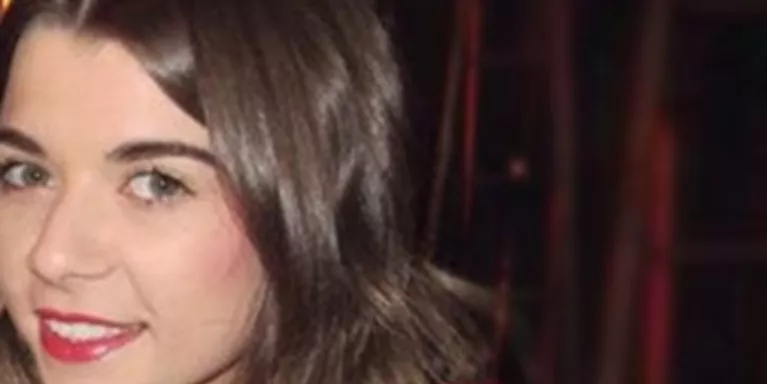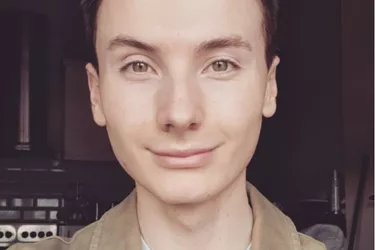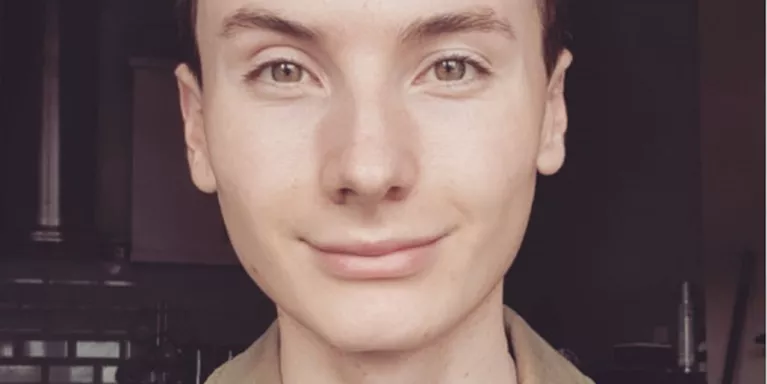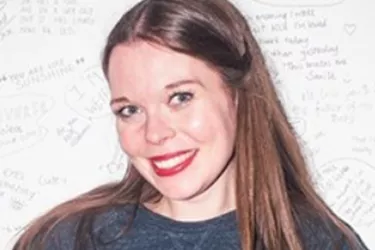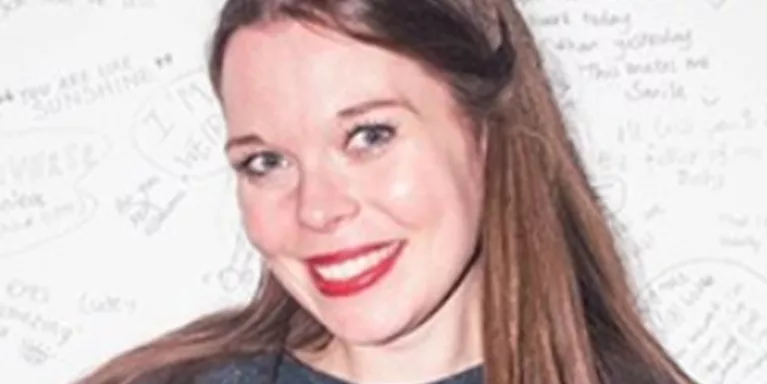I struggled to accept that I have anorexia because I am a man
Josh says it took him a long time to accept that it is not only females who can suffer from eating disorders.
This blog discusses eating disorders.
I spent 2020 engaging with my eating disorder and then engaging in recovery from my eating disorder and sometimes flitting between the two. I have struggled to talk frankly about my experience as although I have never been the poster-boy for masculinity, I have worried that I would seem less of a man by owning up to an eating disorder.
Telling lies about eating habits
I am quite a private person, I internalise any stress and upset and this expresses itself in the form of an eating disorder. I have told lies about my eating habits and I have used unhealthy methods to lose weight.
My decision to reach out for help was not down to one factor...
Like many people I struggled to recognise that weight was a serious issue for me and that my weight was in fact dangerously low. I hesitated to seek help for fear of being brushed off by the GP either because the issue wasn’t serious enough (which turned out to not be true), or because men don’t get eating disorders (definitely not true).
Anybody who has ever read up on anorexia will know that a lot of the literature makes a lot of assumptions about the sufferer's gender and a key symptom being the loss of their period. This made things feel even more isolating when struggling to come to terms with my illness. My decision to reach out for help was not down to one factor, it was a combination of peer support and a recognition that I couldn’t stop, and that I was physically and mentally deteriorating in the form of constantly low energy, extreme sensitivity to the cold, teeth infections and hair loss.
Getting referred for support
The response from my GP was not what I had anticipated. They were open, non-judgmental and very keen to refer me for support which came in the form of a referral to the local eating disorder service. Once assessed by the eating disorder service, it turned out that my “not so serious” problem was in fact extremely dangerous. We came to the agreement that I could be treated as an outpatient, but only if I showed significant engagement and progress (anybody with experience of an eating disorder knows this is easier said than done, but I was determined to keep my independence).
Treatment was a new experience entirely. It felt like the week between Christmas and New Year where you have no idea what day it is and everything merges into one – but with loads of anxiety, challenges, and self-reflection. You can only really recover if you choose to, and I chose to. For the most part, I engage in treatment as I promised. Occasionally, I worry about letting go of my eating disorder, letting go a big part of who I have been. I still struggle with any sort of appearance-based comments and compliments.
To distract me from my struggles with my eating disorder, I have tried puzzles, reading and blogging. Six months into treatment, I can honestly say it was the right choice. The pros outweigh the cons and I have gained so much. I have more energy and more headspace to think about useful things.
Opening up about anorexia
The last step for me was to open up about my anorexia. I have started with a small group of people I trust and plan to build on that. The response I have had has been better than I could have ever hoped and has motivated me to recover fully. The open-mindedness of others has been the key for me to feel comfortable accepting that I am struggling and that it is OK to need help and seek support from others.
Don’t think eating disorders are exclusive to women
So finally here are my tips, which may help if you are struggling with an eating disorder:
- It is OK to have setbacks in recovery, just try to get back on track as soon as possible.
- The earlier you seek support, the better.
- If you are male, just because almost all eating disorder information material is targeted at females, don’t think eating disorders are exclusive to women.


Information and support
When you’re living with a mental health problem, or supporting someone who is, having access to the right information - about a condition, treatment options, or practical issues - is vital. Visit our information pages to find out more.
Share your story with others
Blogs and stories can show that people with mental health problems are cared about, understood and listened to. We can use it to challenge the status quo and change attitudes.











